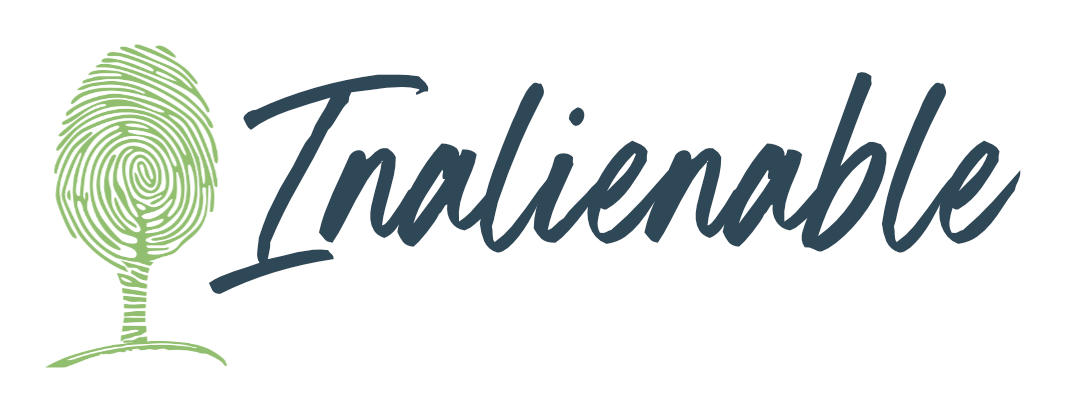Beyond Bureaucracy: Simplifying Citizenship Processes in Developing Nations
At Inalienable, we often witness firsthand the profound impact that bureaucratic hurdles can have on individuals seeking legal identity. While the importance of citizenship registration is universally recognized—as highlighted by SDG Target 16.9 to provide legal identity for all by 2030—the reality in many developing nations is a complex web of procedures, requirements, and systemic barriers that can render millions invisible.
However, there is good news: many countries are working to improve this situation. For example, the Organization of American States has a team focused on this problem. They released a report a few years ago that highlights some of the best practices “Civil Registries” can use to improve this situation.
The Maze of Registration: Common Obstacles
The UNHCR/OAS report "Regional Study on Late Birth Registration, Issuance of Nationality Documents and Statelessness" names common obstacles:
Lack of Awareness: Many families, particularly in remote or marginalized communities, are simply unaware of the importance of birth registration or the procedures involved. As the UNICEF "Right Start in Life: 2024 Update" notes, a significant percentage of caregivers of unregistered children cite a lack of knowledge as a primary barrier.
Geographical Barriers: The physical distance to civil registration offices is a major impediment. In countries like Bolivia, the average distance to the closest Civil Registry (CR) office can be as high as 17km, significantly impacting registration rates, especially in rural areas. Mobile registration units are a partial solution, but their reach and sustained presence remain critical challenges.
Financial Costs: While many countries have made initial birth registration free, indirect costs such as transportation, lost wages, and fees for late registration or copies of documents can be prohibitive. The OAS/UNHCR study points out that even small fees can discourage registration, particularly for the poorest households. For instance, in Bolivia, late registration can cost around $13.90 USD, a significant sum for low-income families.
Complex Requirements & Procedures: The need for specific documents, witnesses, or even court orders for late registration can create insurmountable barriers. The OAS/UNHCR study highlights that requirements are often not clearly established in legislation, leading to discretionary interpretations by officials, or demand documents that are difficult or impossible for vulnerable populations (e.g., older persons, displaced individuals) to obtain. For example, some countries require apostilled documents for foreign parents, a hurdle often impossible for refugees or asylum-seekers.
Administrative Inefficiencies: Issues like outdated systems, lack of trained staff, and poor coordination between different government entities (e.g., health facilities and civil registries) can slow down processes and lead to denials. The OAS/UNHCR report mentions difficulties in obtaining birth certificates and refusal of services between different states in decentralized systems like Mexico.
Discrimination and Vulnerability: Marginalized groups, including indigenous populations, migrants, refugees, and single mothers, often face additional discriminatory practices or specific barriers. For example, some countries have reported that officials deny registration to children of foreign parents based on assumptions about their nationality or immigration status.
Inalienable's Advocacy: Paving the Path to Justice
At Inalienable, we recognize that addressing these bureaucratic complexities requires a multi-pronged approach rooted in precise legal understanding and unwavering advocacy. Our work focuses on:
Promoting Simplified Administrative Procedures: We advocate for the "de-judicialization" of late birth registration, pushing for administrative processes that are free, accessible, and timely. As the OAS/UNHCR study emphasizes, judicial procedures often incur significant costs and delays, making them prohibitive for vulnerable populations. We support administrative solutions that prioritize the right to identity over punitive measures.
Enhancing Accessibility and Operational Capacity: We support initiatives that bring registration services closer to communities, such as expanding hospital-based registration, deploying mobile units, and leveraging technology responsibly. The UNICEF report highlights successful models where birth registration is integrated with health services (e.g., immunization clinics), making it a routine part of essential public services. We have seen the impact these measures have in Baja California, and agree with UNICEF & The OAS on more universal adoption.
Advocating for Inclusive Legal Frameworks: We work to ensure that national laws align with international human rights standards, removing discriminatory clauses and simplifying requirements. This includes advocating for:
Acceptance of Alternative Evidence: When traditional documents are unavailable, alternative forms of proof (e.g., witness testimonies, community leader attestations) should be accepted. Inalienable’s work would not be possible without this.
Waiver of Fees and Fines: Financial barriers should never prevent someone from obtaining legal identity.
Non-Discriminatory Practices: Registration should be available to all children regardless of their parents' immigration status, marital status, or ethnic origin.
Empowering Communities through Legal Literacy: We educate individuals and communities about their rights and the importance of legal identity, helping them navigate the existing systems and demand services as a right. This includes providing information in local languages and adapting communication strategies to cultural contexts.
Strengthening Inter-institutional Coordination: We encourage collaboration between civil registries, health ministries, social protection agencies, and other government bodies to create seamless data flow and service delivery. Examples from the UNICEF report, such as Rwanda's electronic registration system and Tanzania's "one-stop" process, demonstrate the power of such integration.
Finally, of course, we help individuals and families register, in spite of complicated bureaucratic systems.
Beyond Bureaucracy, Towards Dignity
The fight for universal citizenship registration is crucial if we are going to ensure justice for everyone. By dismantling bureaucratic barriers and advocating for inclusive, simplified processes, Inalienable is working to ensure that every individual can step out of the shadows and claim their fundamental right to identity and dignity.
Join us in our mission to make legal identity a reality for all.
